When drugs are a breadwinner mother's hustle

Whenever she sees a police officer in her neighbourhood, 13-year-old Tari freezes.
“I’m always sure they’ve come to arrest my mother,” she says.
Tari’s mother, a single parent of three, sells mbanje from their Mbare home. After a previous arrest, she tried to earn money through other means — washing clothes, vending, even doing laundry in the northern suburbs — but it was never enough. Eventually, she returned to the only hustle that guaranteed a meal: selling drugs.
Since attending a ZRP awareness outreach activity, Tari’s world is now one of constant conflict. She appreciates that life is easier for the family because of the proceeds from drugs. “Our fees are paid on time, we have proper uniforms, and there’s always food,” Tari says.
But she is a victim of stigma. “Kids at school call me names,” she says. “Sometimes I stay home to avoid them.”
And she fears the legal consequences. Police data shows that 15,233 individuals have been arrested nationwide on drug distribution charges between January and June, while in Harare alone, 5,738 people were arrested for drug and substance abuse from January to September.
Tari sometimes helps serve customers — a routine that adds to her dread.
“Some of the men who come to buy stuff from my mom… they all think I’m available for them. One even tried to kiss me.”
Her story is a small window into a much larger national crisis. Zimbabwe’s war on drugs has reached into every corner of society, and increasingly, women are being caught in its net — as dealers, couriers, and suppliers.
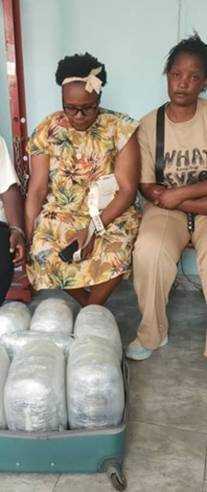
Makanyara Sibanda, 45, and Ella Magomo, 26, arrested on 21 August over allegations of possession of dagga.
Related Stories
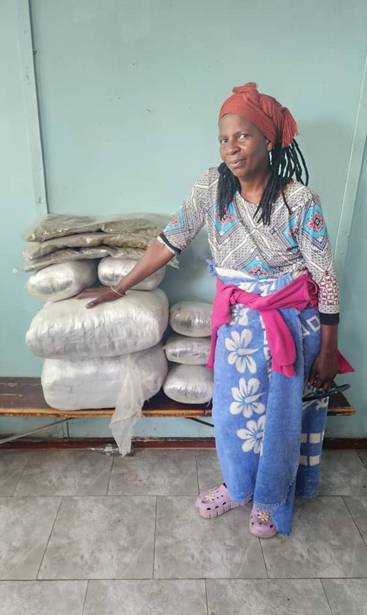
On September 2, 2025, Florence Chiremba, 52, of Unit J, Chitungwiza was arrested over allegations of possessing 31 kg of dagga
Some Women Convicted or Arrested for Drug Offences (2024–2025)
| Name / Age | Location | Substance & Quantity | Estimated Value (US$) | Sentence / Outcome | Notes |
|---|---|---|---|---|---|
| Chewame Wasili, 49 | Silobela | 23.55 kg dagga | — | 4 years (1 suspended) | Convicted of dealing |
| Norah “Mai Toga” Makwavarara, 40 | Harare | 53 g crystal meth | 5 300 | Repeat offender | Third arrest in two years |
| Linda Jimu & Privilege Muchenje | Harare | Broncleer + meth | — | Arrested — trial pending | Street-level peddlers |
| Sylia Tanyanyiwa | Beitbridge | 151 kg dagga | — | Arrested — trial pending | Cross-border courier |
| Siphelile Mashamba | Plumtree | Dagga + unregistered pills | — | Arrested | Suspected transporter |
| Rudo Madziva, 31 | Chitungwiza | Crystal meth 0.3 kg | — | 3 years | Convicted of possession |
| Patience Ncube, 26 | Bulawayo | Dagga 5 kg | — | 2 years | First-time offender |
| Rita Denga, 35 | Kwekwe | Meth-lab equipment | — | Arrested | Manufacturing case |
| Tsitsi Chigova, 42 | Mbare | Dagga sachets & Broncleer bottles | — | Arrested | Small-scale dealer |
| Unnamed woman, 34 | Rusape | Crystal meth (unspecified) | — | 24 months (6 suspended) | Convicted of possession |
Sources: ZRP X handle, court records and media reports (2024–2025)
A detective with the ZRP CID Drugs and Narcotics Section explained that women’s involvement is not new — only getting higher visibility.
“If you check the records, you’ll see that women have long been arrested for drug offences — growing, selling, and smuggling dagga,” he said. “The Broncleer trade actually started with cross-border women traders. What we’re seeing now is the same problem growing wider.” The officer said just as the number of men being arrested has grown larger, so has the relative number of women. But it does not necessarily mean that women are getting involved in the trade more.
Communities across Zimbabwe are seeing the impact. In Mbare, Chitungwiza, and Bulawayo, Beitbridge, Mutare, everywhere, it’s no longer unusual to hear that a mother or aunt has been arrested for drug related crimes.
While poverty and unemployment affect everyone, when those arrested are single mothers or widows supporting dependents, the consequences are devastating. Many children are left in the care of neighbours or relatives — or to their own devices.
Defence Minister Oppah Muchinguri-Kashiri, who chairs the National Committee on Drug and Substance Abuse, insists the government’s approach is both tough and restorative.
“If you are found selling or in possession, you will be jailed for up to fifteen years,” she said. “When people abuse drugs, they become counterproductive, which goes against the President’s development drive. We must fight this scourge….”
This is something that Mai Tari’s neighbours agree with. “Our kids are now addicted because of people like her. They make it easy for our children to get drugs,” said one neighbour. She said that it is understandable why fed up parents will become police informants to clean up their neighbourhood. Most of the police announcements indicate that arrests are made following tip offs from members of the public.
Zimbabwe’s framework is anchored in the Dangerous Drugs Act, Medicines and Allied Substances Control Act, and Criminal Law (Codification and Reform) Act.
Alongside enforcement, the government is expanding rehabilitation and community education programmes. But without income earning options to support the drive, people like Mai Tari feel trapped and obliged to squeeze the profit out of each day until the inevitable end.
“If I stop, my children will sleep hungry,” she admits. “If I continue, I will be arrested. Either way, I lose.”
As Zimbabwe’s war on drugs intensifies, police raids and court sentences dominate headlines. Yet behind every arrest photo on the ZRP X handle lies another story — of hunger, fear, and survival that knows no gender.











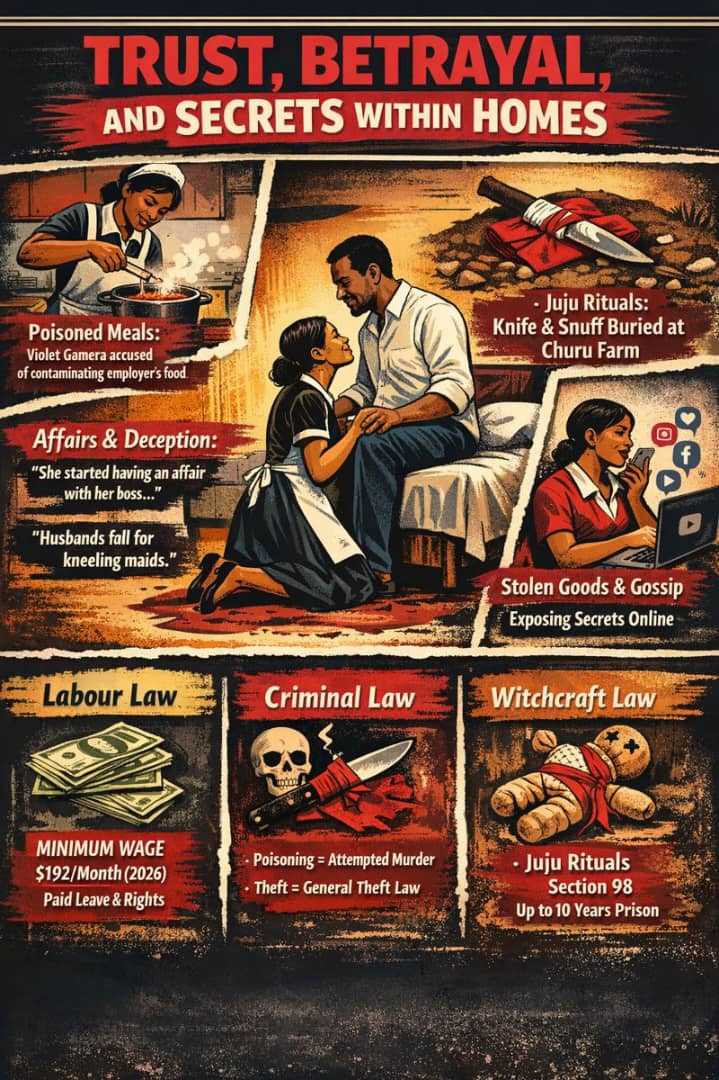


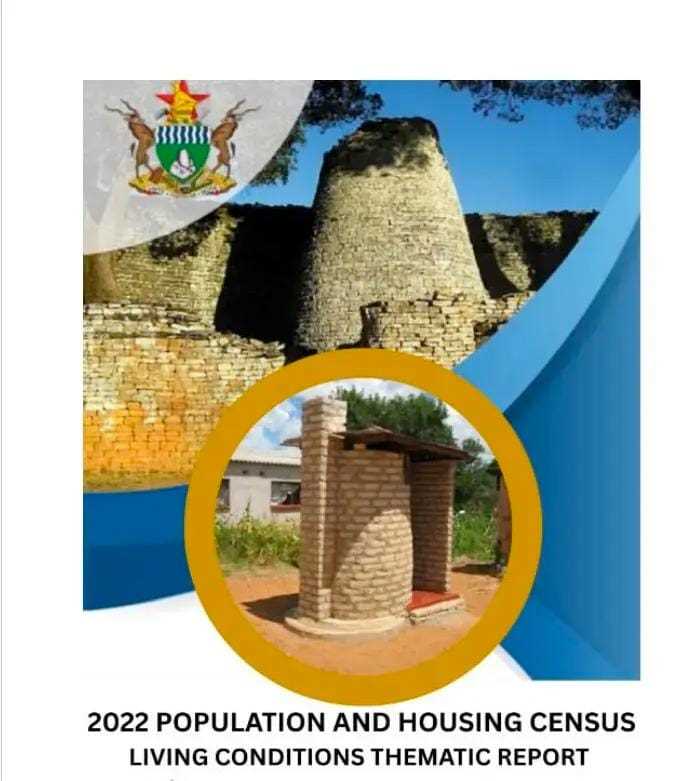


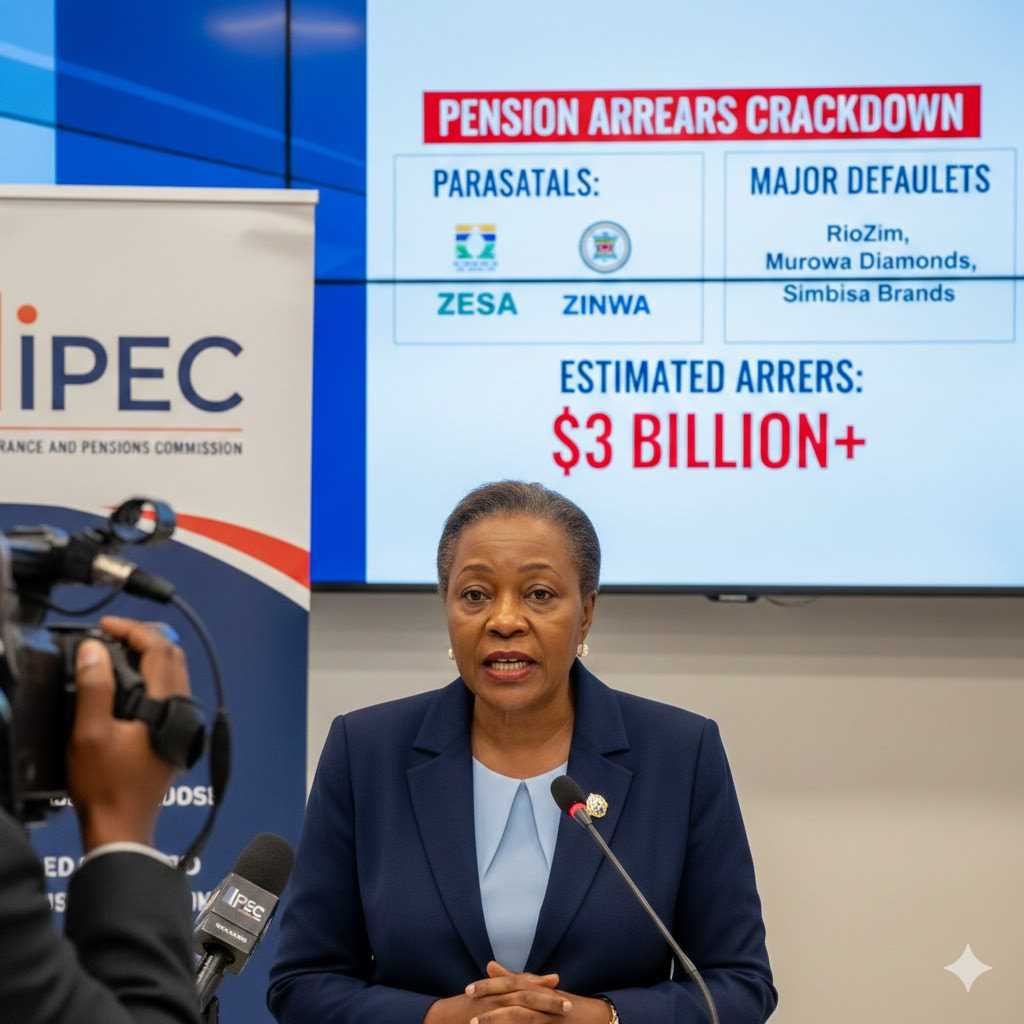


Leave Comments